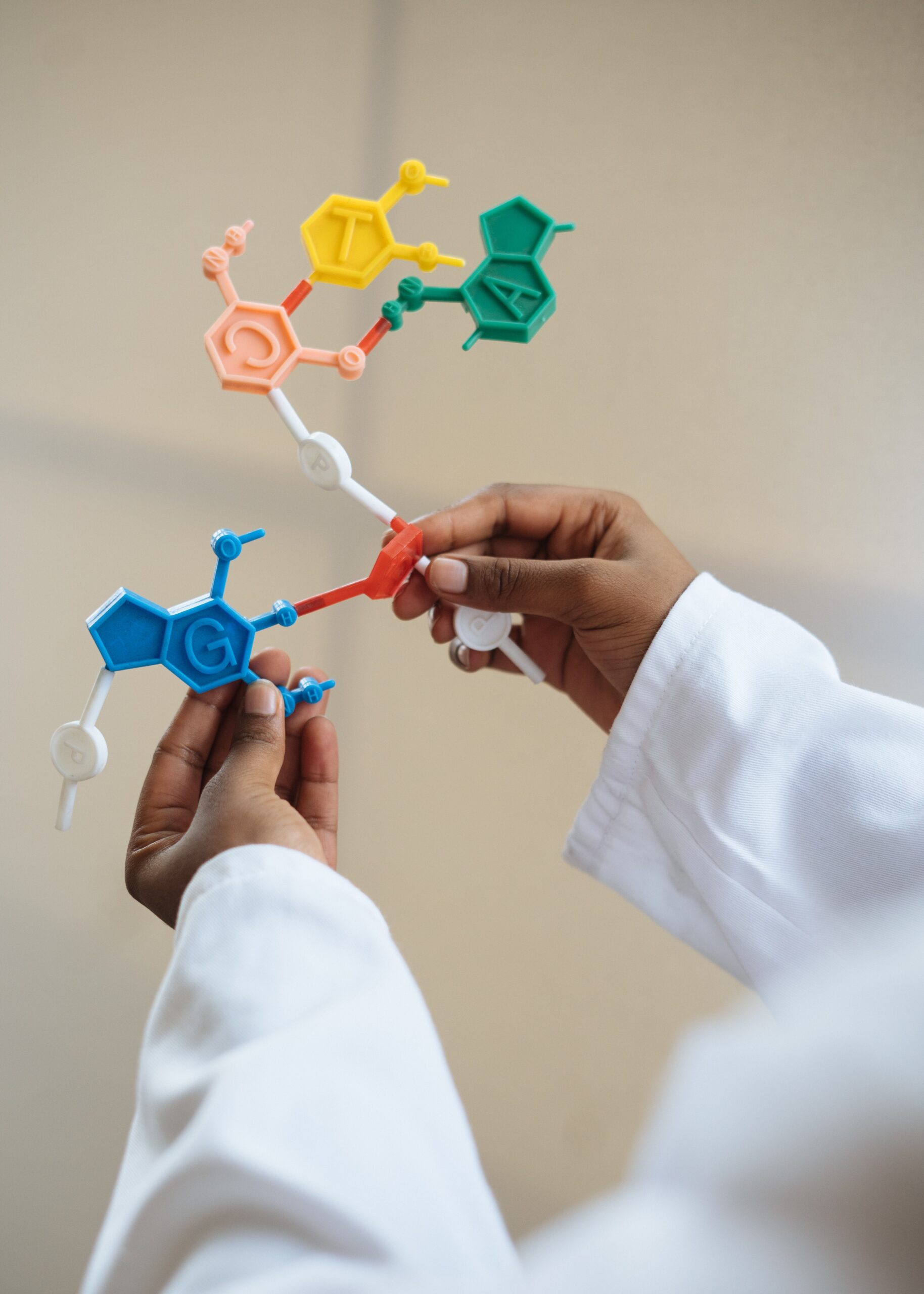
CBD and CBG are both cannabinoids found in hemp and marijuana plants, and both have been studied for their potential health benefits. While CBD is more well-known and researched, CBG is gaining attention for its unique properties and potential health benefits.
CBD, or cannabidiol, is a non-psychoactive compound that has been shown to have a wide range of potential health benefits, including reducing anxiety and pain, improving sleep, and promoting overall well-being. CBD works by interacting with the body’s endocannabinoid system, which helps to regulate various physiological functions.
CBG, or cannabigerol, is another non-psychoactive compound that is found in smaller amounts in hemp and marijuana plants. It’s considered a “minor cannabinoid” but it’s gaining attention for its potential health benefits, such as being an anti-inflammatory, anti-bacterial, and neuroprotective. CBG also interacts with the endocannabinoid system, but it’s thought to have a different mechanism of action than CBD.
When consumed together, CBD and CBG may work in synergy to provide a wider range of potential health benefits. For example, CBD can help to reduce anxiety and pain, while CBG can help to improve focus and concentration. CBG also may help to enhance the effects of CBD and other cannabinoids, creating an “entourage effect”
CBD and CBG can be consumed in several ways, including as a tincture, capsules, or added to a food or drink. The amount of CBD and CBG in the product can vary depending on the brand and product, it’s recommended to start with a low dose and gradually increase it until you find the right amount that works for you. It’s also important to check the legality of CBD and CBG in your location before consuming it, as regulations may vary depending on the country or state.
In summary, CBD and CBG are both non-psychoactive compounds found in hemp and marijuana plants, and both have been studied for their potential health benefits. While CBD is more well-known and researched, CBG is gaining attention for its unique properties and potential health benefits, and when consumed together, they may work in synergy to provide a wider range of potential health benefits. Always consult with your healthcare provider before using them, especially if you are taking other medications.
Cannabidiol (CBD) and cannabigerol (CBG) are two of the many compounds found in the cannabis plant. CBD is known for its potential health benefits, including reducing anxiety and depression, relieving pain and inflammation, and improving sleep. CBG, on the other hand, is a less studied compound but has shown potential benefits such as reducing inflammation and acting as an antioxidant.
When taken together, CBD and CBG can complement each other and potentially enhance the therapeutic effects. For example, CBG can increase the potency of CBD and make it more effective in treating conditions such as anxiety and depression. Furthermore, Cannabidiol and Cannabigerol both have different modes of action, so combining them can produce a synergistic effect, leading to greater therapeutic benefits.
CBD is known to interact with the endocannabinoid system (ECS), which plays a crucial role in regulating various physiological processes, including pain, mood, sleep, and appetite. CBD works by interacting with the CB1 and CB2 receptors in the ECS, which can result in decreased pain and inflammation, reduced anxiety and depression, and improved sleep.
CBG also interacts with the ECS, but it has a different mode of action than CBD. CBG has been shown to act as an antagonist of the CB1 receptor, which is why it may have potential for treating conditions such as glaucoma, where increased pressure in the eye is believed to be due to excessive activity at the CB1 receptor. Additionally, CBG has been shown to have potent antioxidant properties, which may make it useful in treating neurodegenerative diseases.
Both Cannabidiol and Cannabigerol have been shown to have potential benefits for the skin as well. CBD has been shown to reduce inflammation and redness, making it useful in treating conditions such as acne, eczema, and psoriasis. CBG has also been shown to have anti-inflammatory and antibacterial properties, making it useful in treating skin conditions such as acne and eczema.
In conclusion, Cannabidiol and Cannabigerol have shown potential health benefits when taken separately or together. While more research is needed to fully understand their effects on the human body, current evidence suggests that they may have therapeutic potential for a variety of conditions, including anxiety, depression, pain, inflammation, skin conditions, and neurodegenerative diseases. It is important to note that while CBD and CBG are generally considered safe, they may interact with certain medications, so it is always best to consult with a healthcare provider before taking any new supplements.











